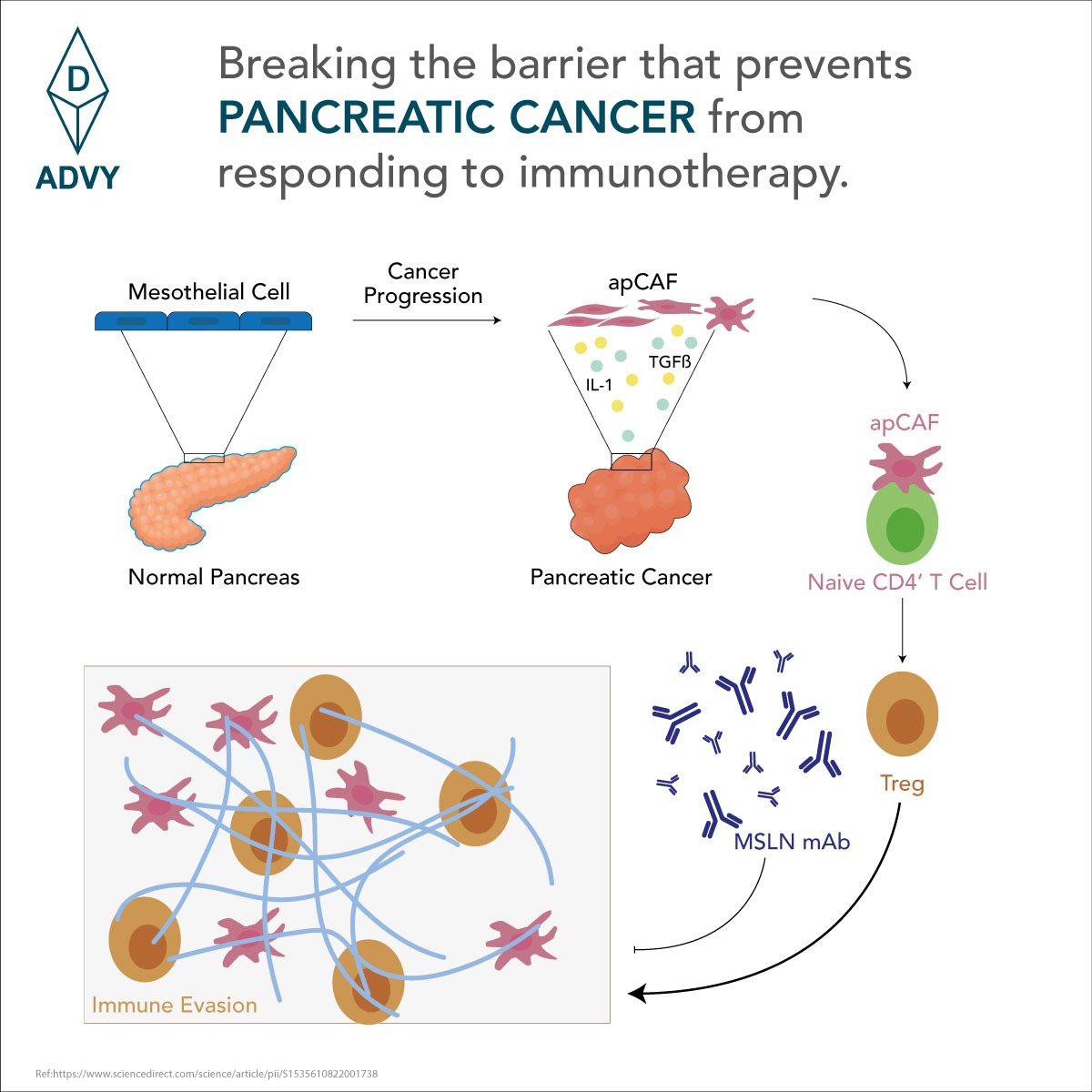Background and aim:
NEW YORK and LA JOLLA, CA–A phase 1 clinical trial testing a novel vaccine approach to prevent HIV has generated encouraging results. The vaccine showed success in stimulating the production of rare immune cells needed to start the process of generating neutralising antibodies against the virus; the targeted response was detected in 97 percent of participants who received the vaccine.
HIV, which affects more than 38 million people globally, is known to be among the most difficult viruses to target with a vaccine, largely because it constantly evolves into different strains to evade the immune system. HIV works by targeting the immune system directly, primarily by attacking white blood cells that protect the body, weakening the immune system to dangerous levels. The virus also replicates too fast for the immune cells to catch up, while also mutating in the process at speeds that exceed antibody response.

The novel vaccine, with the candidate molecule called eOD-GT8 60mer, was able to activate unique B cells called naive B cells, that have never been exposed to any antigen or foreign body before. The activation of these cells eventually resulted in the generation of strong proteins called broadly neutralising antibodies (bNAbs) against HIV.
The study sets the stage for additional clinical trials that will seek to refine and extend the approach–with the long-term goal of creating a safe and effective HIV vaccine.
Read More: EurekAlert





